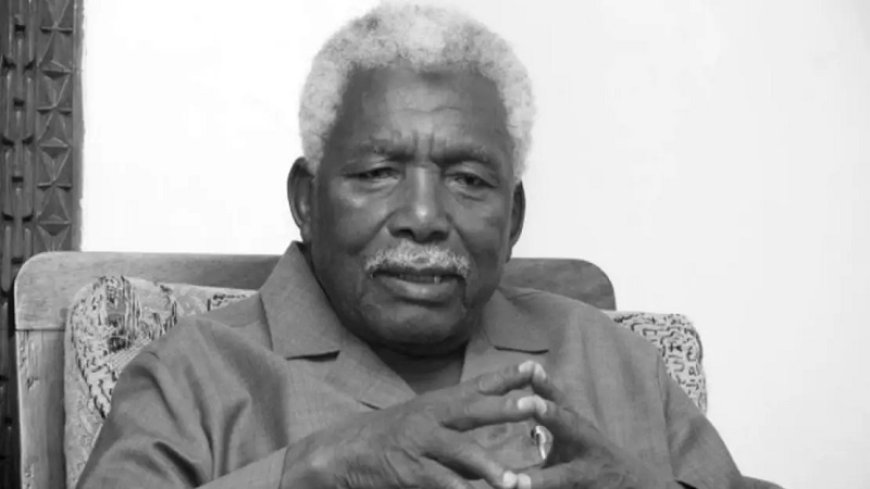President Samia announces 7 days of mourning following the death of Ali Hassan Mwinyi
President Samia Suluhu Hassan of the United Republic of Tanzania has announced seven days of national mourning following the death of retired President Mzee Ali Hassan Mwinyi which happened yesterday.

More information says that, during this period of national mourning, flags will fly at half-mast. I am sad to announce this death," said President Samia Suluhu Hassan, adding that the former president was being treated for lung cancer. Mwinyi was admitted to London in November 2023 before returning to continue treatment in Dar es Salaam, added the President of Tanzania. President Samia added that the leader who brought about democratic changes in Tanzania, will be buried tomorrow Saturday in Unguja Zanzibar. Mwinyi was chosen by the founder of the Tanzanian nation, Julius Kambarage Nyerere, as his successor, and took over the leadership of a country that was in economic crisis, following several years of failed socialist attempts. Mwinyi removed restrictions on private businesses and relaxed importation rules, earning him the nickname, "Mzee Rukhsa." Ali Hassan Mwinyi, former President of Tanzania, has passed away Born on May 8, 1925 in a former British colony called Tanganyika, Mwinyi moved to Zanzibar to study Islam. His father expected that his son would become a religious leader, but Mwinyi, who was young at the time, became a teacher before entering politics in the 1960s after Tanganyika got his freedom. Following the union of independent Tanganyika and Zanzibar that led to the creation of Tanzania in 1964, Mwinyi served as Tanzania's ambassador to Egypt. He also served as minister of health, home affairs and natural resources in the 1970s and 1980s. In 1984, he became the president of Zanzibar before Nyerere chose him to lead Tanzania. He was praised for opening the doors of multi-party democracy in 1992 and accepting opposition parties to compete for positions in elections, three years later, when he stepped down.













































